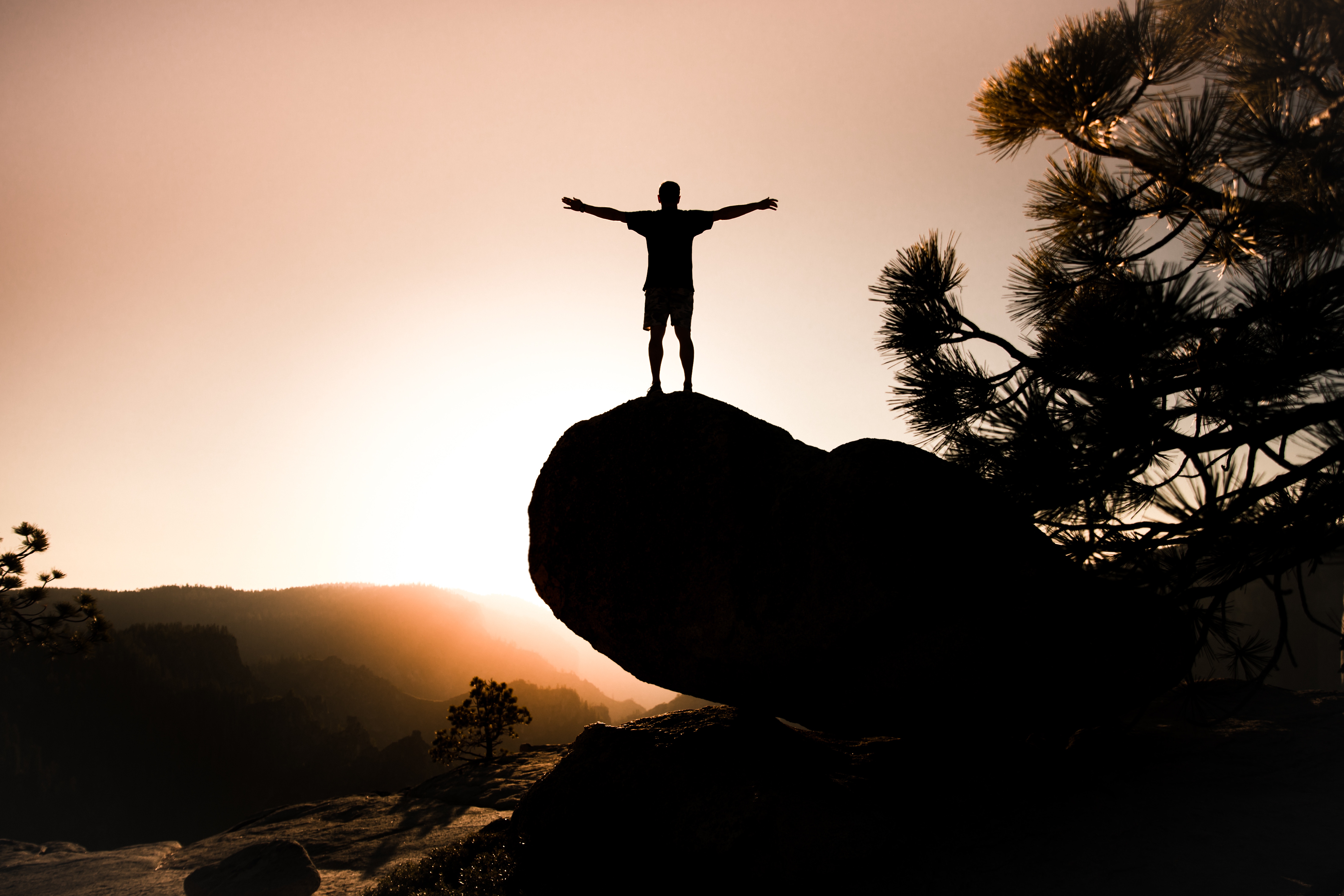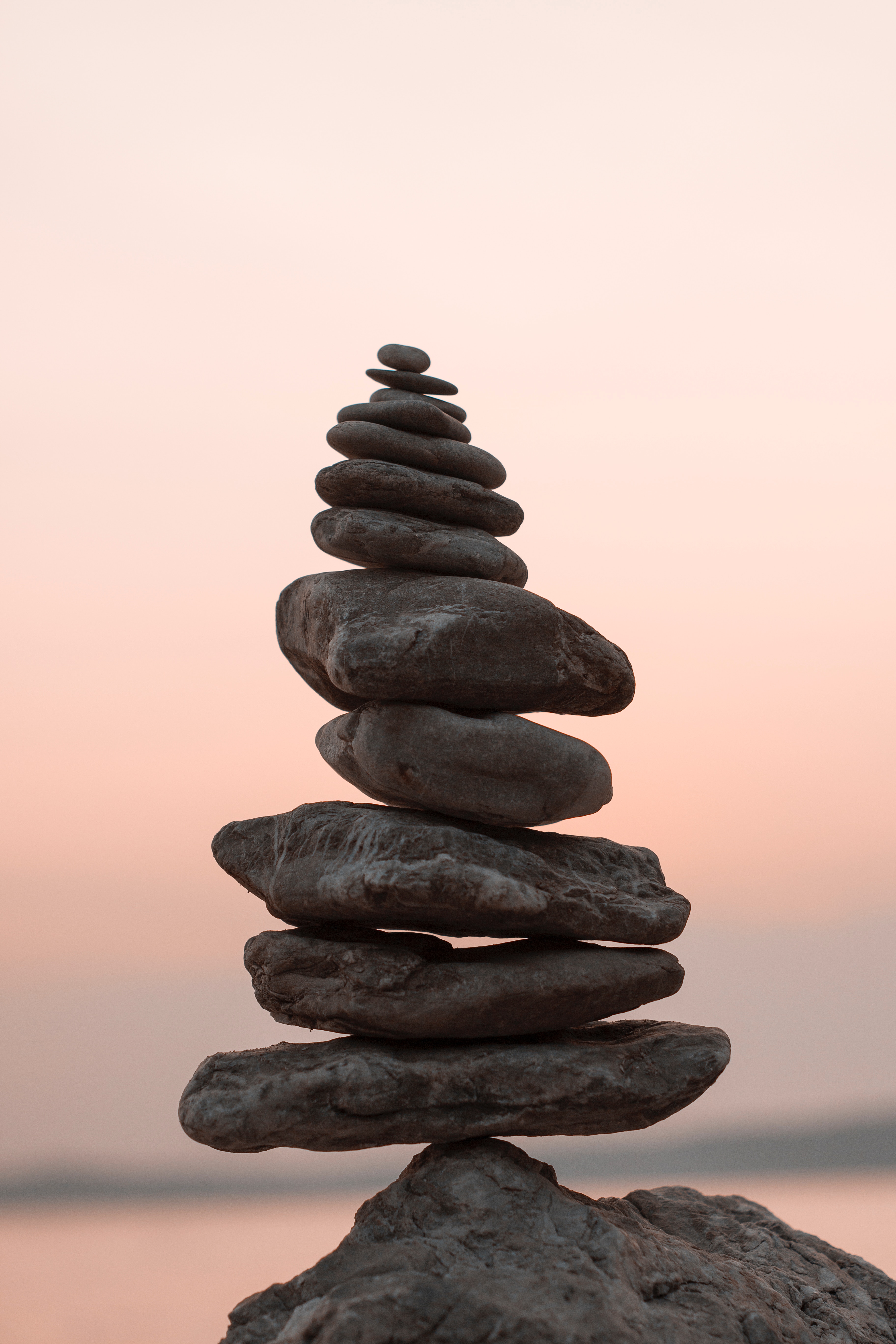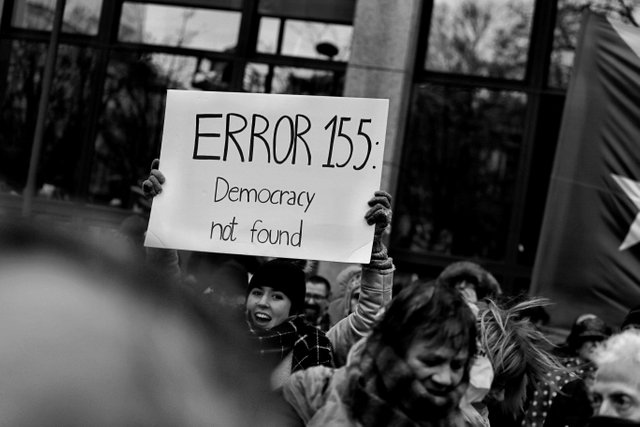Freedom and the export of democracy - IFC - S1 : R32 entry

This is my entry for the Season 1 Round 32 Information Finding Championship on the topic of Freedom by @apolymask and @ifc.
Freedom and Democracy
"Indeed, it has been said that democracy is the worst form of Government except for all those other forms that have been tried from time to time." Churchill quoting an unnamed source in "Churchill by himself"
Of all the forms of governance that have been tried, the current Western style of Representative Democracy in it's various incarnations has been the one that has been most intertwined with individual freedoms. Thus, it is the angle that I wish to take with the idea of "freedom".
In it's current form, it is the idea that the will of the people is taken as a snapshot once every few years, with a representative individual from a unit of population going to the Parliament (Congress or whatever Americans call these things!) to "represent" the wishes of their particular chunk of population. To date, this system has functioned relatively well, however, it was perhaps a system that worked better in times of slower communication and travel, as it alleviated the tyranny of distance and time. Perhaps there is scope for a further fine graining and development of this fundamental form of governing in the more modern age(this is a post for a different time, I have the ideas bubbling around for a post or two).
End of History

In his essay (later expanded into a book), "The End of History and the Last Man", Francis Fukayama put forward the notion that democracy (in it's various forms) was the natural endpoint of the evolution of Governance. The idea that an outwardly "weak" looking states were able to outlast seemingly "strong" states in the 20th century appeared to be a consequence of it's internal institutions and balances rather than it's ability to make decisive actions.
In the late 20th century and the early 21st century, this idea was taken up by the American Neo-Liberals in an attempt to justify the "export of democracy and political freedoms" to the rest of the world. This was when my interest in the writings of Fukuyama was stirred, I often like reading opposing points of view, to better inform my own knowledge. So, with this backdrop in mind, I read the "End of History" and it's accompanying essays (I highly recommend it for anyone interested in this sort of thing!).

As far as I understood, the Neo-Liberals understood the essay to mean that democracy was a political point of stability, and that by placing (enforcing) a democratic system of governance upon a state, it would remain in that point of stability.
However, I understood it more in terms of a chemical equilibrium. That the system (a state) would find it's own equilibrium and that it might find temporary plateaus of stability (like strong man dictatorships), but it would eventually find the "ground-state" level of potential energy (democracy) which would be more like the stability of the bottom of a bowl. In my understanding of the essay, you wouldn't be able to "force" the state of democracy, as the essence of it's stability lay in the fact that it needed to fall through the various forms of temporary stability to find the true "bottom" (of the energy well...). As anyone who has dealt with chemical equilibrium reaction knows, you just wait for the mixtures to find the stability, adding more or less of a reactant only causes it to find a different equilibrium than the one you were trying to "force".
Thus, I would come to the conclusion that democracy (and the freedoms associated with it) are not things that you can "export". Rather, it is the lowest energy state of a particular nation state that will be found eventually over time. In other words, the best way to export democracy is to do nothing.
Problems with democracy

Remember, the internal strength and balance of a democracy is gained via it's institutions and checks on power. This deliberate limiting of power concentration is the thing that makes a democracy "weak" in appearance, but "strong" in stability. Recently, Fukuyama himself had started to doubt the stability of democracy, due the slow erosion of the fundamental institutions of the democratic state.
I think it is definitely possible that the consolidation of power by democratic states, corporations and vested interests have damaged the checks and balances that were drawn up to ensure the stability of the system. In my reading of the "End of History", this is not necessarily a problem in the long term. "Weak" democratic states can be knocked out of a point of stability by enough force (just like a ball in a bowl is not stable given enough agitation), it may find a period of "strong" state like behaviour, but it will eventually fall back into a state of democratic stability.
However, this ideal theoretic view ignores the fact that such pristine dislocation of governance will invariably cause an inordinate amount of human suffering!
Time for an upgrade?

So, to protect our democratic freedoms, I have been interested in upgrades to democratic system. I still believe that democracy is still the best form of governance and I would never advocate any form of "strong" state governance. Even the idea of a benevolent dictatorship, whilst tempting, is a recipe for longer term disaster.
The current form of democracy was born from an age of limited travel and communication. Two ideas that I have always been interested in was the idea of random representation (sort of like a jury system) and the idea of direct democracy.
The first idea is a solution to the fact that the political class is just not representative of the unit of population that they are meant to represent. We don't have 5% of the Parliament having experienced true unemployment or poverty, we can't even make up the roughly 50% representation of women! A random selection of people (that changed over time) would go a great length in solving this problem.
The second idea is one that has come up more recently as the advent of cryptography and crypto in general has made the idea workable. This would solve the other problem of representative democracy, namely the lack of choices in the candidates. If you think about any party that you have voted for, can you truthfully say that they represented 100% all of your political ideas and priorities? Not likely, you would be lucky if you got more than 50%. The idea of direct democracy enabled by crypto could go some way to solving this problem, think of the witness voting on Steemit as a proto-version of this system.
Tying up
So, trying to extract the key points of this ramble:
Freedom is linked to our governance, and the governance that allows the best expression of individual freedom is democracy of some sort.
Can democracy be exported or is it the natural evolution of a particular state in it's own time? I believe the answer to this, is that the best way to export democracy is to do nothing and allow a particular nation state to find it's own ground state (democracy of some sort).
Democracy is not without it's faults, I believe that there are ways to upgrade our forms of democracy to bring it in line with a more modern age, but these are posts for the future!

Referral links
Mene, Investment jewellery (5 dollars credit just for making the account).
Humble Bundle Monthly, PC games package every month!
Busy.org A version of Steemit that allows small accounts to use the Vote Slider! When they get a dark theme, I'll be there full time!
AirBNB Book and stay at nice places, cheaper than hotels!
Swift A project to bring a basic income via cryptocurrency.
Mannabase, Universal income in the blockchain, 50% bonus in the first year if you use this referral.
Minnowbooster Bonus for the new account maker as well!
Coinbase, the biggest fiat on and off ramp.
Binance, the biggest crypto exchange.
Coinjar Fiat on ramp for Australia or UK!
Cryptopia, Lots of lesser known altcoins.
HitBTC Even more Altcoins!
Kucoin The people's exchange!
My musicoin artist page (tap on banner), come support your favourite music on the crypto-ecosystem!
One of the orchestras that I play in, specialising in Early Music. Click on the banner for the Steemit page, featuring music and various articles about music!
The classical music community at #classical-music and Discord.
Follow our community accounts @classical-music and @classical-radio.
Follow our curation trail (classical-radio) at SteemAuto
Community Logo by ivan.atman

Proud kiddie member of the Alliance playground group!
Horizontal Rulers by cryptosharon
Team Australia footer by bearone
.png)



That was well written and well thought out. I am not sure we will ever see a true democracy where everything is voted on, and I am not sure that would ever work, but it needs to be given a chance and we do have the means now to try that experiment.
Yes, we do have the chance to run the experiment. But unforeseen consequences are dangerous things...
Great read Bengy ! Resteemed 🙂
Ta, thanks for the support!
Congratulations! This post has been chosen as one of the daily Whistle Stops for The STEEM Engine!
You can see your post's place along the track here: The Daily Whistle Stops, Issue #131 (5/11/18)
The STEEM Engine is an initiative dedicated to promoting meaningful engagement across Steemit. Find out more about us and join us today.
We apologize for the continued delay of our upvotes. We’re working hard to obtain more SP to keep up with all of our amazing Thunder Supporters. Thank you for your continued patience and support! You are the lightning to our THUNDER!
As a friendly reminder, the upvote fee is $0.08 SBD ($0.081 for incognito). Current 300%+ upvote is now $0.24+ SBD.
Join our 10 SP Challenge!!!
That being said…
Investors who delegate SP to @thundercurator are entitled to 75% of @thundercurator income after curation. Get on-board early and grow with us!
This is really deep and thought provoking as I've come to expect from you. I think what I want to comment most about is what you said about direct democracy and crypto playing a part.
This is something that's been on my mind a bit, the implications are amazing. However.. I can still see how it could be abused. YET.. It's a step in the right direction in my opinion absolutely.. No more just flipping the vote so to speak, or altering the numbers through computer manipulation, it would have to be done in other ways in regards to account creation and passwords and such.. I think it would drastically cut down on corruption!
I might even vote if we had a system that was like that where you could have more of a sense of it's actually working to an extent. Cause right now, I just have zero faith. The computer voting is absolutely compromised and easily hackable, the only other solution is in the other direction back towards paper ballots which also have issues as well..
I wonder if there could be a way to do both paper ballots and use block chain technology.. If so.. That might be the ultimate solution, or at least as close as is possible to a solution. Then you could have an uncorruptable digital source and a physical hard copy to back it up and verify it with.. Hm.. Something to think about! Thanks for another excellent entry and info to think about! :D
I intend to elaborate on some of the ideas in this post in a future post, about potential "upgrades" to democracy. However, my fear is that in the disappointment in our current system, that we discover too late that better is not necessarily the natural direction of evolution from our current state. As always, the path to disaster is paved with good intentions.
Cryptography can aid in making elections transparent and can also aid in the finer graining (in time and in intent) of our voting abilities. However, there are dangers there as well. Coming from a country where voting is compulsory (a civic duty), I still see problems there, in that it assumes an informed and educated voting public (educated in how the civic system works, and what the party platforms are actually offering rather than information by advertisement).
Blockchains by design, at least when backed by enough computing power or stake, are technically incorruptible, or at the corruption can be detectable.
I enjoyed writing this entry, although I fear I missed the point of the quest! Anyway, I hope to complete another post that better addresses the points that I hinted at....